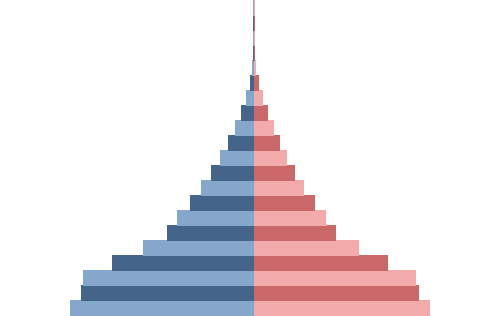Joanne McNeil charts where the internet of things is headed:
You wake up to a jazzy MIDI version of the “Happy Birthday” song. Your smart thermostat and smoke detector are singing in harmony because today is your day. Your fitness tracker is vibrating in an unfamiliar Morse Code. Searching the internet, you come across a question in the support forums about it, explaining it is the preprogrammed birthday greeting silent alarm that you can disable after pairing the device again and updating your settings. Your bathroom scale, toilet, and garage door also welcome you with birthday wishes. Open up the refrigerator to another friendly jingle. Tropicana, Fage, and Sabra Hummus all wish you happy birthday. Now there’s an incoming message. It is the “birthday selfie” it snapped when you reached for the orange juice.
Sometimes, our identity-obsessed web services are creepy because they know so much about us, and sometimes they’re creepy because they’re just so damned shallow.
Fellow introvert Joanne McNeil on Jonathan Rauch’s classic article on introverts and what introversion might mean on the internet.
Social media drains me like a large party might. I just deactivated Facebook. And I don’t @ much on Twitter. Too often it feels like the “fog of [an extrovert’s] 98-percent-content-free talk,” as Rauch put it.
Update: The original article appears to be offline, so I’ve linked to a copy at The Internet Archive instead. (via @t045tbr0t)
Joanne McNeil on The Daily Death:
In the future, a famous person will die every fifteen minutes. Already it’s happening. The ascent of the microcelebrities, the 24 hour news cycle, citizen journalism, and our darkest fantasies all collide on Twitter now. The website’s rhetorical question “What are you doing?” sometimes feels more like “Who died today?”
I wrote about something similar a few years ago in a post called Death in the celebrity age:
Chances are in 15-20 years, someone famous whose work you enjoyed or whom you admired or who had a huge influence on who you are as a person will die each day…and probably even more than one a day. And that’s just you…many other famous people will have died that day who mean something to other people. Will we all just be in a constant state of mourning? Will the NY Times national obituary section swell to 30 pages a day? As members of the human species, we’re used to dealing with the death of people we “know” in amounts in the low hundreds over the course of a lifetime. With higher life expectancies and the increased number of people known to each of us (particularly in the hypernetworked part of the world), how are we going to handle it when several thousand people we know die over the course of our lifetime?
The population pyramid for who the average American knows (or knows of enough to care) probably looks something like this:

That’s a lot of future death.
Update: On Twitter, Kurt Anderson quoted David Kipen:
Baby Boomers have created so many celebrities that, in the future, somebody famous will die every fifteen minutes.
Update: The NY Times has a slightly different take on the recent rash of celebrity death:
This summer could come to be known as the summer when baby boomers began to turn to the obituary pages first, to face not merely their own mortality or ponder their legacies, but to witness the passing of legends who defined them as a tribe, bequeathing through music, culture, news and politics a kind of generational badge that has begun to fray.






Stay Connected